Key trends
- From a multipolar world to a poly-nodal world. Instead of individual poles of power, the emphasis in global politics is on relationships and interaction. In addition to governments, other players, such as businesses, lobbyists, think tanks, international institutions and cities, play a significant role in this.
- The United States retreats from the world stage. The significance of the US administration in maintaining world order and pointing the way forward is declining, but many US organisations and businesses will continue to play an important role. China’s role will grow in significance.
- Admiration of strong leaders. Democracy is challenged by ideas of practical autocracy and technocracy as well as by the notion that democracy is too slow or ineffective to respond to the urgent questions of our time. The need for rapid, major changes and a yearning for simple solutions have made strong leaders more popular, presenting a challenge to individual freedom and democracy.
- The rise of new movements. Dissatisfaction with the current measures taken with respect to climate change and biodiversity, among other things, has motivated a growing number of people to voice their opinions and participate in demonstrations. Similarly, actions that are perceived as unfair and promoting inequality are forcing people out onto the streets. Social media provides a platform for the rapid formation of movements focused around certain issues.
- Confusion is power. The amount of disinformation is growing and efforts to influence opinions are increasingly geared towards instigating confusion and discord. This increases the perception of the world being complex and a desire for simple solutions.
- The rise of populism. Weakened future prospects, the fragmentation of the political map and the polarising effect of social media have led to a rise in populism, which emphasises the division between the elites and the masses.
Societal systems face internal and external challenges. The world’s power relations are changing, as are the ways of wielding power. Networks and interaction will be increasingly significant in the future. Spreading confusion will become more commonplace as a way of wielding power. The key is to reduce confusion and polarisation and, at the same time, make collective decisions on quick action aimed at the reform of society.
There is a shift in global politics from a multipolar world to a poly-nodal world. Dividing the world into the great powers and geopolitical blocs, such as the United States, Europe and China, is not adequate for the future. Instead, we need to examine the situation as a network where various nodes – comprising countries, corporations and other non-state actors – play an important role. The power of each node is determined by its connections, which can involve economic interaction, the use of military power, technological leadership or cultural influence. Even trade wars can be seen as a weighing up of the power of the nodes: which node stands to lose more from the dissolution of co-operation?
The role of the Western countries is declining in our poly-nodal world. The United States is retreating from the world stage, with China – and India behind it – taking on a bigger role. The significance of Africa may grow substantially merely as a result of its population structure. Europe’s role will be largely determined by its ability to maintain cohesion and function as a node in the network.
The challenges facing democracy from several directions constitute an urgent question in itself. While the debate is becoming increasingly polarised between contrasting views, there is considerable agreement that changes are necessary to increase engagement and enhance the mechanisms for making and implementing decisions, for example. Governments are expected to implement quick and significant changes, but they are not capable of achieving them alone in a mutually dependent global economy. The significance of nation states in general has declined with the rise of the global economy.
In People vs. Democracy, Yascha Mounk argues that more than half of the economic activity of humankind is international. This leads to a growing need for actions to be taken via international organisations and agreements, which are often technocratic in nature. This creates a tension between democracy and technocracy, leaving the playing field open to those that claim that they will restore control. This is part of the reason why there is growing admiration of strong leaders. In a world perceived as being complex, people want simple solutions, and populist leaders claim to have them.
There are several reasons for the desire for strong leaders. In part, it is a question of the traditionally populist emphasis on putting “our people’s interests” first at the expense of others. However, in recent times, the urgency of climate action has even led to calls for eco-dictatorship because a voluntary change in people’s behaviour is considered to be so unlikely. In How Democracy Ends, David Runciman writes that liberal democracy is currently challenged by contrasting ideas: the idea of practical autocracy and dreams of technocracy. Behind both of these models of governance is the notion that democracy is too slow or ineffective to respond to the urgent questions of our time.
As people’s trust in statements presented on social media, for instance, has decreased, the dynamics of influence through information have changed.
At the same time, there are also experiments aimed at increasing engagement along with new activity at the grass-roots level. Citizens’ initiatives and participatory budgeting bring power closer to the people, while social media gives rise to various movements around certain issues. The inadequacy of climate action and the sixth mass extinction have motivated a growing number of people to voice their opinions and join demonstrations calling for quick action. Even some corporations have shifted from corporate responsibility towards corporate activism by actively expressing opinions on social issues. Nevertheless, these new forms of participation and engagement have yet to bring about significant changes in the basic nature of political systems. It will be interesting to see whether the “participatory turn”, which is a term that has been thrown around since the late 1960s, will be realised in the form of new ways of understanding the use of power in representative democracies.
While there is strong support for citizens taking on a larger role in political decision-making, people are far from unanimous about how this should be achieved. Some people are strongly in favour of citizens being heard and their opinions actively surveyed on current issues (participatory democracy). Others are calling for more direct and extensive people power in political decisions of high importance (direct democracy). However, there are also many people who are opposed to ordinary citizens taking on a larger role in politics. There are significant differences in priorities between political ideologies, so the movement towards greater engagement and political processes that increase the role of normal citizens has not been met with approval throughout the political field.
The forms of wielding power are also changing, and there is talk about hybrid threats and hybrid influence. Military power, economic power, technological power and cultural power have become overlapped, and exercising influence through information is seeing significant growth. Producing and spreading disinformation is now easier than ever before, and there are increasing attempts to influence elections and voting behaviour across national borders, for example. As people’s trust in statements presented on social media, for instance, has decreased, the dynamics of influence through information have changed. The goal is not so much to get people to believe the message, but rather to sow doubt and sidetrack the discussion. Continuous agitation creates uncertainty towards all information, but it is not underpinned by any clear ideology or world view. Instead, these forms of post-truth politics are aimed at changing how people engage in public discussion and what topics are discussed. You could say that, in the communication environment of our time, agitation reigns supreme over information.
Reducing confusion and taking quick action go hand in hand
In the face of confusion, people turn to bubbles and tribes for guidance. Things that appear unrelated at first glance, such as choices concerning eating, mobility and consumption, become part of one’s identity and world view, bringing clarity to a world perceived as being complex. This polarisation of the discussion and tribalisation is already evident, particularly in the United States, and there are signs of it in Finland as well. The big question is, will the trend of tribalisation continue, or will we be able to increase constructive dialogue between different perspectives? There are already initiatives related to this, such as the Erätauko dialogue method.
While there is a growing need for discussion and for people to be heard, there is also a need and a desire for quick action. The ecological sustainability crisis calls for a significant restructuring of society and culture. However, the objective is not to simply push through a plan that is already in place. Instead, it is essential to ensure a fair and acceptable transition to a sustainable society. This requires changes at all levels, including culture and ways of thinking.
Changes in the way people think may even be more important than changes in society’s structures, practices and operating models, but both are necessary. Changes in culture and ways of thinking are broad and deep in terms of their impact. New kinds of thinking are emerging; for example, in the forms of eco-social education and a concept of education based on post-material values. These emphasise human interaction, natural lifestyles that respect the limits of nature, seeing people as part of nature and finding progress in something other than material values.
To strengthen democracy, it is important to think about what kinds of structures and paradigms are needed both to reduce confusion and to achieve ecological reconstruction. These go hand in hand in the effort to strengthen engagement, co-create the future and carry out quick changes. We need hopeful visions of alternative futures. In addition to creating new hope, it is also important to let go of old hope. There is no hope that the world will stay the way it is now. However, there is hope that the future can be better, albeit different.
Tensions
- Centralised decisions vs broad engagement. The ecological sustainability crisis and many other trends call for quick and significant action. However, at the same time, it is necessary to increase engagement and collective discussion and understanding as well as prevent the polarisation of views. Otherwise, the necessary action cannot be taken. The key is to reduce confusion and to create visions of desirable futures.
- Freedom of speech vs influence through information. Stronger intervention is needed against online influence through information, hate speech and defamation but, at the same time, there is a need to foster responsible freedom of speech.
- Global institutions vs poly-nodal world. Global institutions are based on nation states and, in part, the concept of great powers. The poly-nodal world and its wide range of actors challenges this model. Then again, global institutions are what we often look towards when we need to find solutions to wicked problems. How can global decision-making be restructured so that other actors, such as businesses, cities and non-profit organisations, are better engaged while strengthening the global institutions?
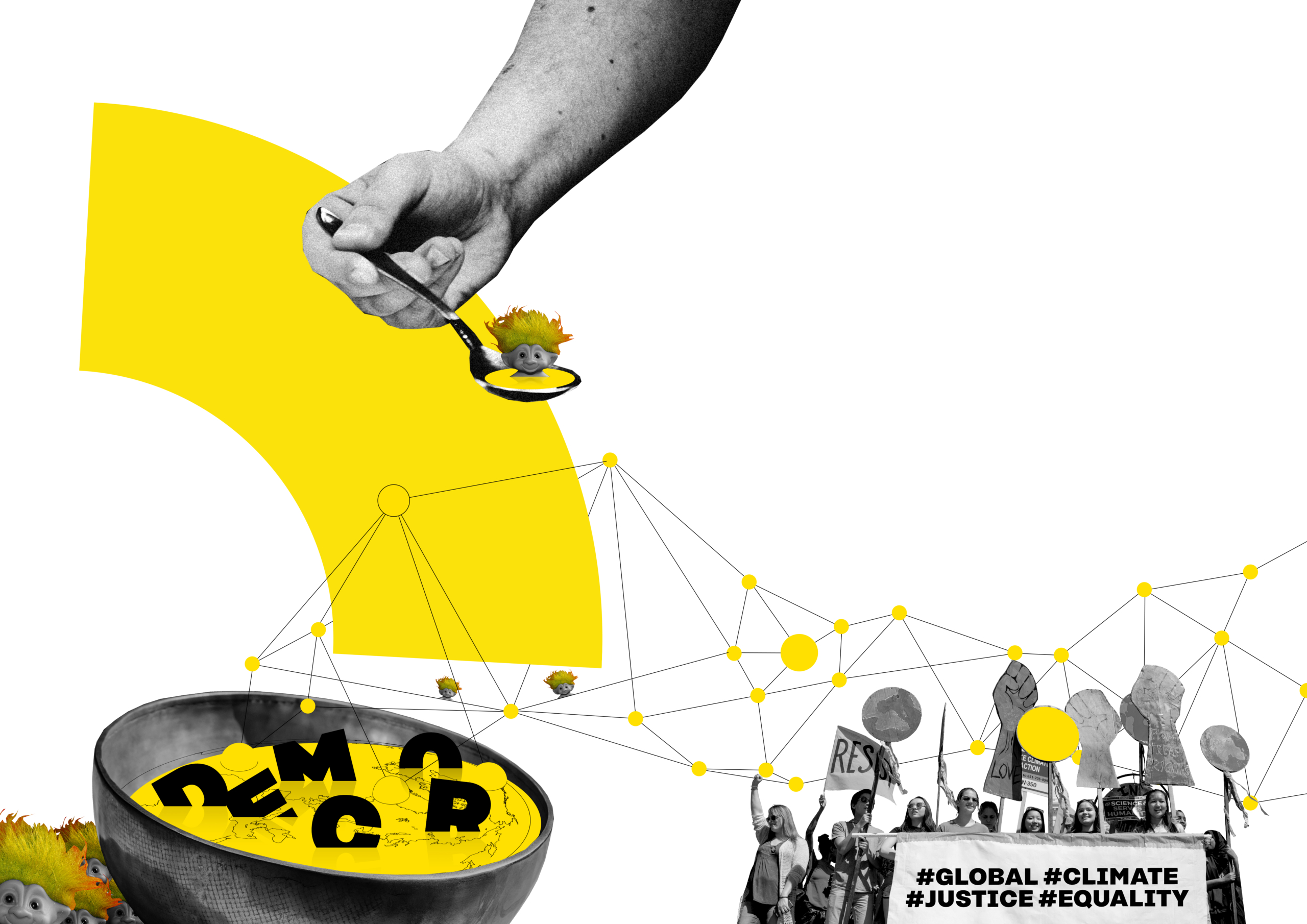

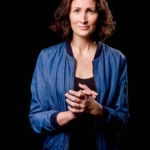


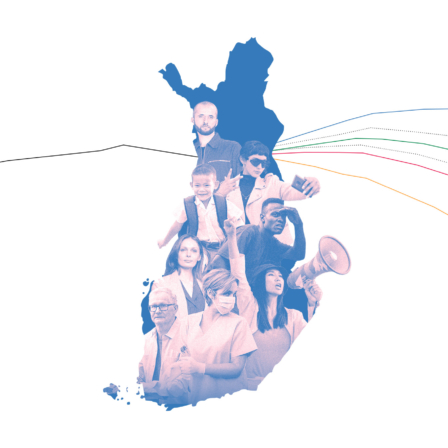
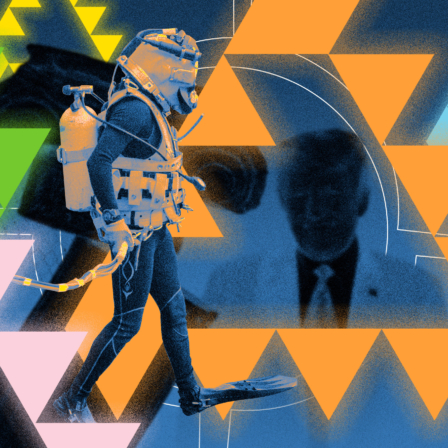
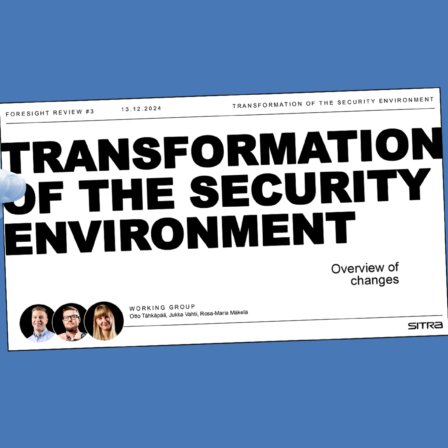
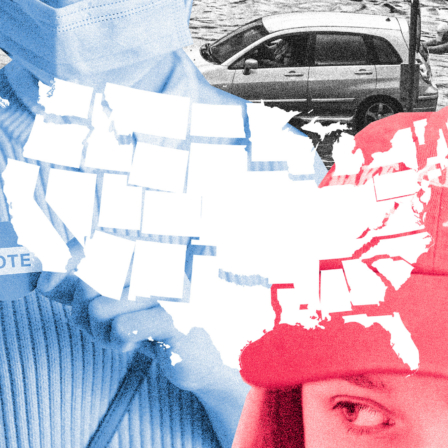
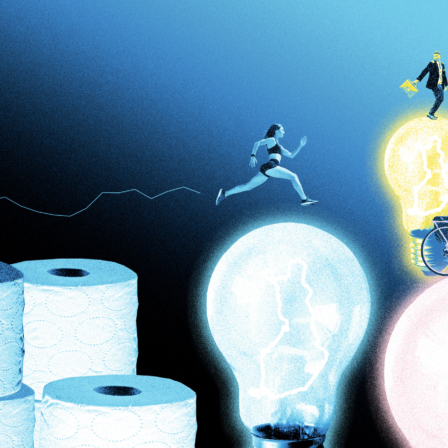

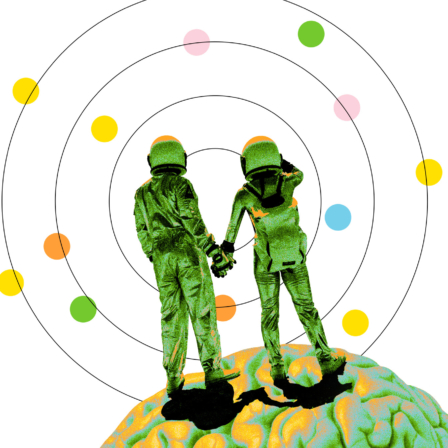




Recommended
Have some more.